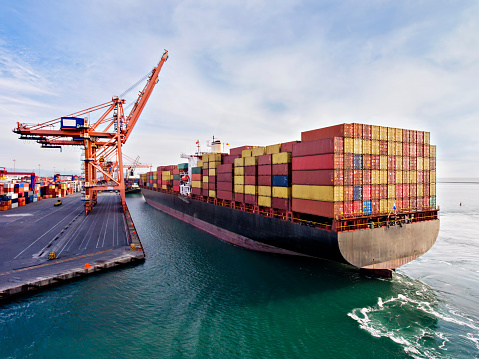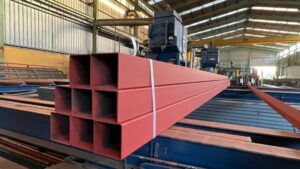Steel market regionalisation started with the Trump era in the US and was followed by the imposition of EU quotas, but the US will not consider a ban on scrap exports, says International Rebar Exporters and Producers Association (Irepas) traders’ committee chairman F. D. Baysal.
“Later, this movement [protectionism] continued in a new dimension with Covid when producers realised that they should have inventories ready because of possible unforeseen interruptions, and also the supply chain issues which started with the pandemic escalated with ports being congested and many products arriving at the same time,” Baysal said at last week’s Irepas meeting in Istanbul attended by Kallanish.
“Higher freight rates and congestion, especially in the US, are a significant factor of higher steel prices. It takes almost a month to bring unloaded arrived goods waiting in the port to the buyer’s warehouse,” Baysal continued. “The shortage of truck drivers is a serious issue in the US. It may take six months to a year and freight rates really have to ease. Container prices have doubled, even quadrupled which is not sustainable.”
“Container lines deliberately pulled old containers out of circulation, causing shortages. However, the situation will change soon. There will also be more ships being built and that will change the whole equation, but it will take time, so higher prices are here to stay,” Baysal added.
Regarding the war in Ukraine, Baysal commented: “In the first two months of the war, manufacturers depending on Russian and Ukrainian supplies for their production procured in panic, which elevated steel prices, but after Russian steel products, particularly billet, started to reach markets that do not recognise the sanctions, the rise in prices stopped and a decline began.”
Payments for Russian steel are facilitated through intermediary countries like Switzerland and Dubai, Baysal claimed. Unevenly applied sanctions create certain advantages for those countries that do not recognise the measures, he added.
“I don’t think there is an absolute winner [from the war situation], but countries that don’t recognise the sanctions have the upper hand, though for a short time,” Baysal concluded.
Burak Odabasi Turkey






